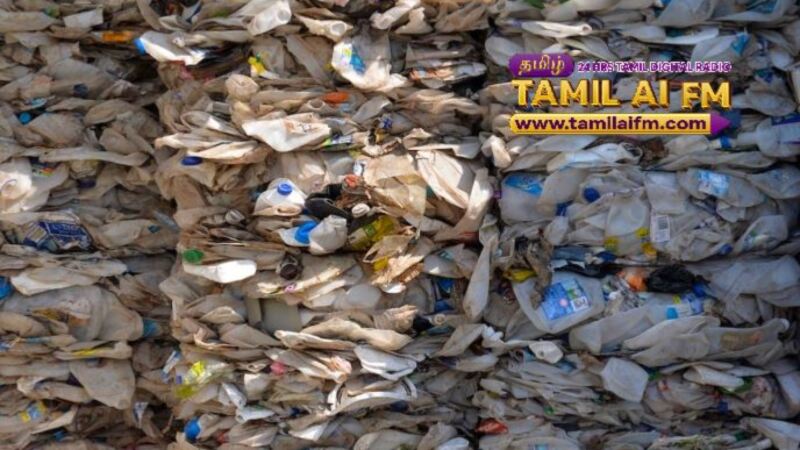KUALA LUMPUR — At the site of an illegal dumping site in Kapar, Selangor, which stands two storeys high and covers a space of at least five football pitches, lay scraps of conveniences that gleam weakly in the sun.
Two boys in T-shirts, shorts and slippers were sifting through the trash with a stick, occasionally bending down to inspect and discarding or picking up whatever piece of trash they deemed worthy.
“Just looking for items to recycle,” said the older boy, who asked not to be named. He said he and his brother would forage for recyclables at the dump to make extra money.
On the ground lay several Tetra-Pak cartons in a cluster. The brothers ignored them, telling Bernama that recyclers did not take them. In fact, the boys have been disregarding most of the consumer packaging waste, such as drink packaging and refill pouches.
What these boys, considered informal waste-pickers and crucial to Malaysia’s circular economy, were doing was typical.
Unless someone collects the Fast-Moving Consumer Goods (FMCG) packaging like the containers for food and beverages, and detergents — often considered too expensive or too hard to be recycled — for recycling purposes, most of these items end up in landfills or in illegal dumps.
To solve this issue, Malaysia is finalising an Extended Producer Responsibility (EPR) law for the country, which requires producers to collect a certain percentage of the packaging they put out on the market for recycling, while also mandating that their packaging contain a percentage of recycled materials.
But as Malaysia edges toward the implementation of the new policy, environmentalists and experts caution that this solution may not pan out as hoped.
They should know. The first polymer was created as a solution to save the environment after all.


